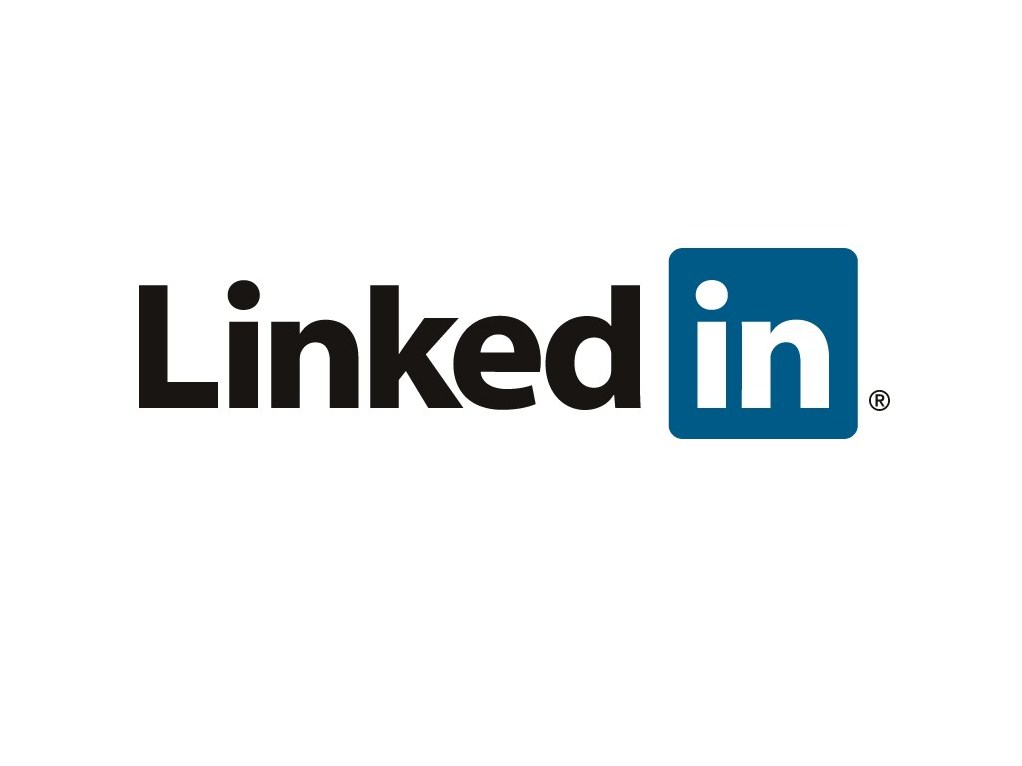LinkedIn wants you to brand yourself
Not in the painful burning way though

Sign up for breaking news, reviews, opinion, top tech deals, and more.
You are now subscribed
Your newsletter sign-up was successful
LinkedIn launches a new campaign this week helping its members to understand how to 'brand' themselves better.
This is in the sense of making up a perceived persona for yourself and not, of course, burning your own personal logo onto your forehead. Which would be both painful and stupid.
Brand yourself better
LinkedIn wants us all to understand how "own personal brand" works and also how we might "make it stronger.
As such, LinkedIn has employed the branding expertise of Andrzej Moyseowicz (Saatchi & Saatchi), Katie Ledger (former BBC Click journalist), John Woodward (Publicis Worldwide) and David Midgely (INSEAD).
"Your personal brand has never been so important. In a competitive job market it can sometimes be difficult to stand out from the competition," reads the PR blurb.
"People spend a lot of time perfecting CVs and interview techniques but often miss a very obvious trick. Recruiters and HR professionals will often check a person's online profile before putting them forward for a job, or even before returning a phone call, this means that employers have potentially formed a first impression long before you are called in for interview."
Sign up for breaking news, reviews, opinion, top tech deals, and more.
For more this latest development in aggressive, hyper-competitive personal online branding you might want to check out LinkedIn's 'fun' online BrandYou Survey to "test the strength of [your] personal brand," alongside the company's BrandYou Group with discussions, tips and advice from the aforementioned BrandYou Board members.
Maintain your credentials
LinkedIn claims to be "the world's largest professional network with more than 80 million members worldwide."
Kevin Eyres, Managing Director at LinkedIn Europe, says of the new initiative: "BrandYou is about establishing, building and maintaining your credentials, profile and professional experience throughout all stages of your career. As a complement to your offline reputation, managing your online reputation has never been more important in Europe than it is today.
"This is due to two factors: the increased mobility of the workforce – Europeans are changing jobs at an unprecedented rate – and with the increased proportion of Generation Y employees within the workforce completely at ease with social media and its mix of professional and non-professional interaction."
